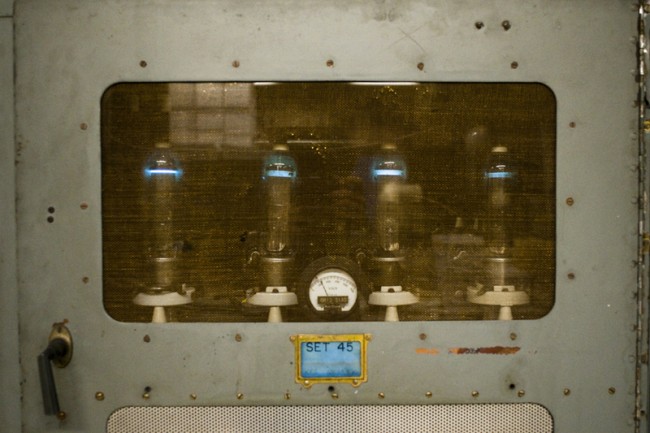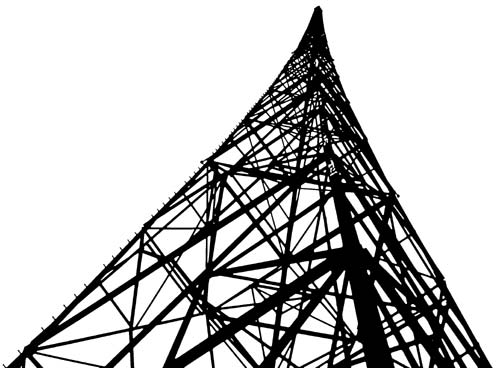
I read a very good and interesting post on James Critland’s blog. He is somewhat concerned about the trend for mobile wireless providers to no longer offer unlimited data service for a flat fee. I find it interesting that all of these companies seemed to have reached the same conclusions at the same time. But anyway…
The general surmise of James’ post is that the average person will not be able to afford online radio through a 3 or 4G device because of the limited minutes available and the additional charges incurred. (35 quid is about $50.00) To make that meaningful to a US audience, I decided to redo some of James’ math.
Iphones are primarily serviced through ATT. ATT has two different data plans that are coupled with voice plans in a bundle. For example, a 450-minute voice plan and a 200 Mb data plan will cost $55.00. A 900-minute voice plan with a 2 Gb data plan will run $85.00.
Here are a few interesting tidbits and some good math:
- A 64 kbps stream runs 7.68 kb per second, or 460 kb per minute (1 kilobit per second = 0.12-kilobytes)
- 1 hour of online listening equals 27,640 k bytes of data transferred
- The 200 Mb plan cost $15.00 with voice plan, the 2 Gb plan cost $25.00 with voice plan
- The 200 Mb plan would allow for 7 hours of listening time if no other data use occurred
- The 2 Gb plan would allow for 72 hours of listening time if no other data use occurred
- Beyond those data transfer amounts, extra charges are incurred
Almost 50% of the time spent listening to all radio sources (terrestrial, satellite, online) is in the car. The average person in the US listens to the radio for about 3 hours per day or 90 hours per month. Half of that time would be 45 hours or so.
Clearly, anyone who is more than a casual listener of online radio will need the 2 Gb plan. However, given the paucity of entertainment available from traditional radio sources, this is not an outlandish amount to pay. I remember in the ’70s when folks were saying cable TV would never catch on.






I have never subscribed to CATV, but have tried a trial subscription to Dish Network. It wasn’t worth the money, and at 11 GHz. the small dish signals were wiped out during rainstorms. The whole idea of subscription services to commercial broadcasting has come from the business of Common Carriers. Early history of domestic broadcasting of course shows the Bell System (AT&T) putting WEAF on the air in New York, and the strong presence of Western Electric transmitters, speech input consoles, line amplifiers, peak limiters and the like. The Communications Act of 1934 specifically did away with the idea of broadcasters being “Common Carriers”, and free radio was born and profited immensely thereafter. The idea of the “public interest, convenience, and necessity” over-ruled common carriage. Over the years, technology has created CATV, Direct Broadcast Satellite TV, and Satellite Radio. Extremely hungry companies have spent fortunes in promoting their investments in these subscription services, however they want their cake and eat it too! I predicted that Satellite Radio was not going to fly do to the extreme costs involved with satellite replacement along with the high re-curing subscription costs. Now, as for Internet delivered media; free at first, but get ready for the price to balloon from the carriers when the sheeple flock to it. The answer of course is more “robust competition”! The bad thing about the Internet is connectivity, whereas owning a radio or TV set allows one free reception. Connection to the Internet always has a cost, and this cost could go sky high in the near future. The big telephone companies are already installing SIP servers, which are a fraction of the size of Lucent 5ESS or Nortel DMS100/200 switches. The central office buildings will probably go the same way as the transcontinental microwave systems formerly owned by AT&T, Western Union, GTE, and others. So, things are moving pretty fast, and as they say, “technology always wins”. Technology can win, but to me it is far better to use technology to make possible, “the best things in life are free”,